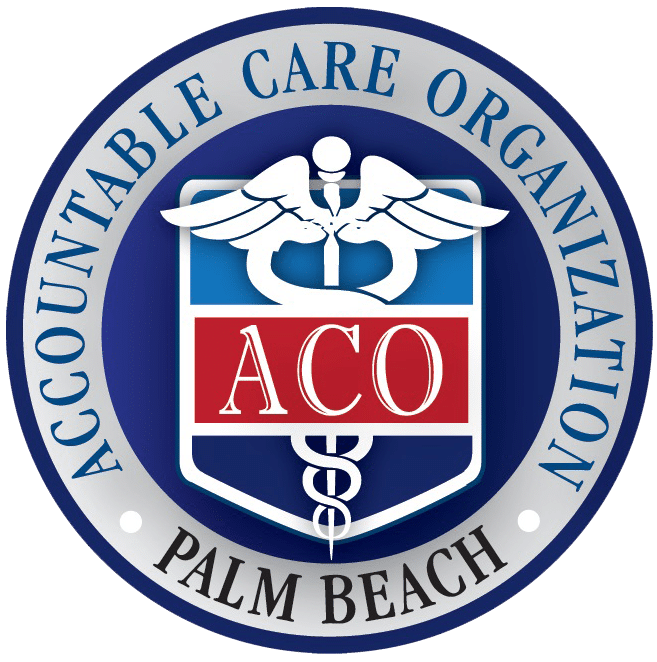We recommend practicing good hygiene in the same way you would protect yourself from colds and the flu:
- Wash your hands often with soap and water for at least 20 seconds, and if soap and water aren’t available, use an alcohol-based hand sanitizer.
- Avoid touching your eyes, nose, and mouth with unwashed hands.
- Avoid close contact with people who are sick. Close contact is considered more than a few minutes within 6 feet of a sick person or direct contact like kissing or sharing utensils.
- Stay away from work, school or other people if you become sick with respiratory symptoms like fever and cough.
- Cover your cough or sneeze with a tissue, then throw the tissue in the trash.
- Clean and disinfect frequently touched objects and surfaces daily
- Practice social distancing, avoiding crowded places or group events, or working from home if teleworking is an option for you.
If you are sick, you should stay home unless absolutely necessary, and wear a face mask while around other people and before entering a provider’s office if you have one. If you are not sick, you do not need to wear a mask unless you are caring for someone who is sick. Face masks are in short supply and should be saved for caregivers and people with upper respiratory symptoms.
